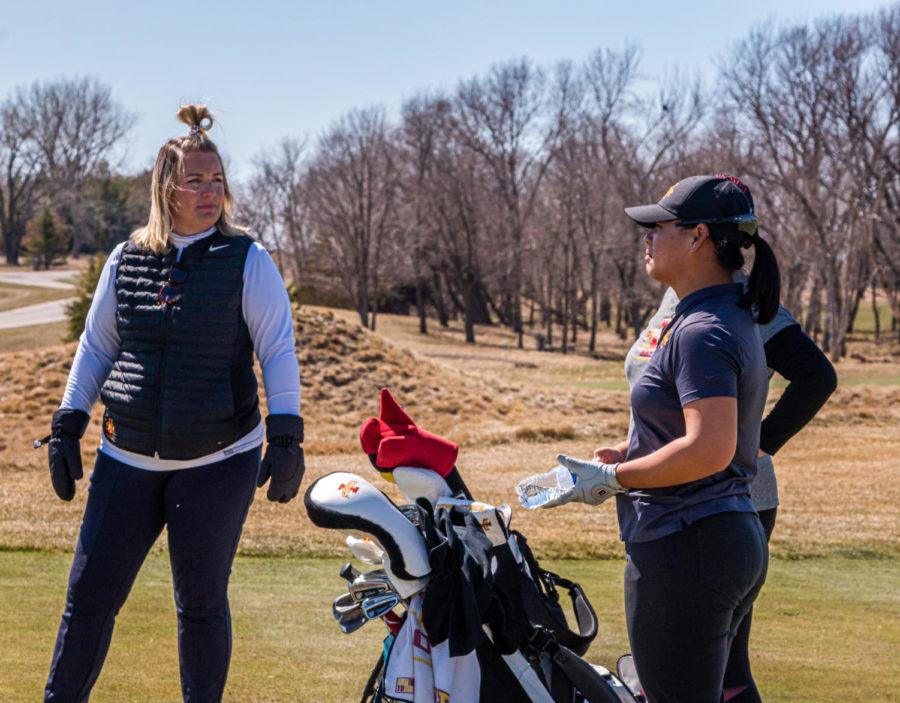Prof turns soy into plastic
February 21, 2000
Protein plastics may be the wave of the future, thanks to the research of an ISU professor.
Jay-Lin Jane, professor of food science and human nutrition, has been conducting research for eight years on using soybean proteins as a new form of plastic.
“Our utilization of soy protein as a replacement for petroleum-based plastics will develop a biodegradable plastic, which will reduce the solid-waste pollution problem caused by petroleum-based plastics,” Jane said.
The new technology combines soybean proteins with other biodegradable materials to produce a protocol plastic that will be both biodegradable and reusable.
Currently, a Styrofoam product takes roughly 400 to 500 years to degrade, while the new protein-based plastics would take about a month.
“The half-life of the protein-based plastics are 10 days to two weeks. We can double that and roughly estimate that the whole product will be degraded in a month, so it’s considerably shorter than petroleum-based plastics,” she said
Another advantage of the new protein-based plastics relates to the reduction in solid waste.
Tao Chang, assistant professor in industrial education and technology, has been working with Jane on her research.
“The biodegradable plastics are environmentally friendly,” he said.
After the materials have degraded, they can be used as a growth product for crops.
“The degraded components of the protein-based plastics have been demonstrated as good growth factors that promote increased yields of plant products or crops,” Jane said.
Chang said the new plastic could affect farmers.
“[They may have] a big impact on Iowa farmers because of the wide application of soybean products,” he said.
The combined uses of this technology show this new product could significantly reduce the solid-waste pollution problem while increasing crop performance.
“It also is beneficial because the materials are biodegradable, and they are reusable,” she said.
Jane said this technology is a renewable resource with a number of possibilities.
“The applications are not limited to tableware and containers; it can be used for a number of things,” she said. “Markers can be coded with different colors, for example.”
Plans to test the plastics in the Midwest are being organized through the Illinois-based company SoyWorks, which has licensed the technology.
Chang and Perminus Mungara, post-doctorate research associate in food science and human nutrition, have aided Jane in her efforts to reduce and reuse the new protein-based plastics.
“This has taken a lot of teamwork,” Jane said. “There have been many professors and researchers and students working on this project.”
Jane also said the research has been supported by various organizations in the United States.
Some supporters include the Iowa Soybean Promotion Board, Iowa Department of Economic Development, The United States Dairy Association, The United States Defense Department and the United Soybean Board.






